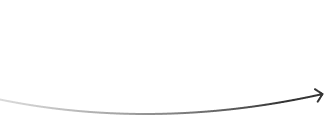

FAQ
Your Questions, Our Answers. Explore Frequently Asked Questions to find the answers you need, and let’s embark on your recovery journey together.


Answer 1Physical therapy is a medical specialty focused on restoring and enhancing physical function and movement abilities. This treatment involves using exercise training, manual therapy, physical modalities, and specialized equipment to treat and relieve pain, promote health, and ultimately improve the patient’s quality of life.
Answer 2Physical therapy is suitable for a variety of patient groups, including those with sports injuries, arthritis, musculoskeletal conditions, stroke recovery, postoperative rehabilitation, and neurological disorders. Physical therapy can effectively enhance these patients' physical function and mobility while significantly reducing pain.
Answer 3During physical therapy, patients may experience minor discomfort or pain, which is a normal response of the body to the treatment methods. The physical therapist will select appropriate treatment approaches based on the patient's specific symptoms and tolerance to ensure comfort during the therapy. If any discomfort is felt, patients should inform the therapist immediately for appropriate adjustments.
Answer 4The duration of physical therapy varies depending on the patient's specific condition, severity of the issue, and individual rehabilitation goals. Treatment may range from a few weeks to several months. The physical therapist will create a personalized treatment plan for each patient and make necessary adjustments based on the progress of the therapy.
Answer 5In most cases, patients require a doctor's referral before starting physical therapy. However, specific requirements may vary depending on the region and medical policies. It is advisable for patients to confirm the referral requirements with the relevant physical therapy clinic in advance.
Answer 6Physical therapy is widely used to treat various conditions, including but not limited to chronic pain symptoms, sports-related injuries, degenerative arthritis, rheumatic diseases, spinal conditions (such as cervical spondylosis and lumbar disc herniation), postoperative rehabilitation, and neurological conditions (such as stroke and spinal cord injuries). Physical therapists use targeted treatment methods to alleviate symptoms, restore function, and promote overall patient health.

